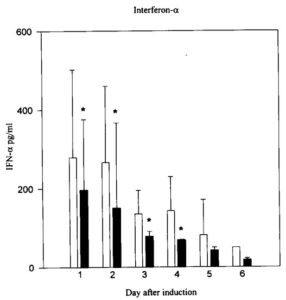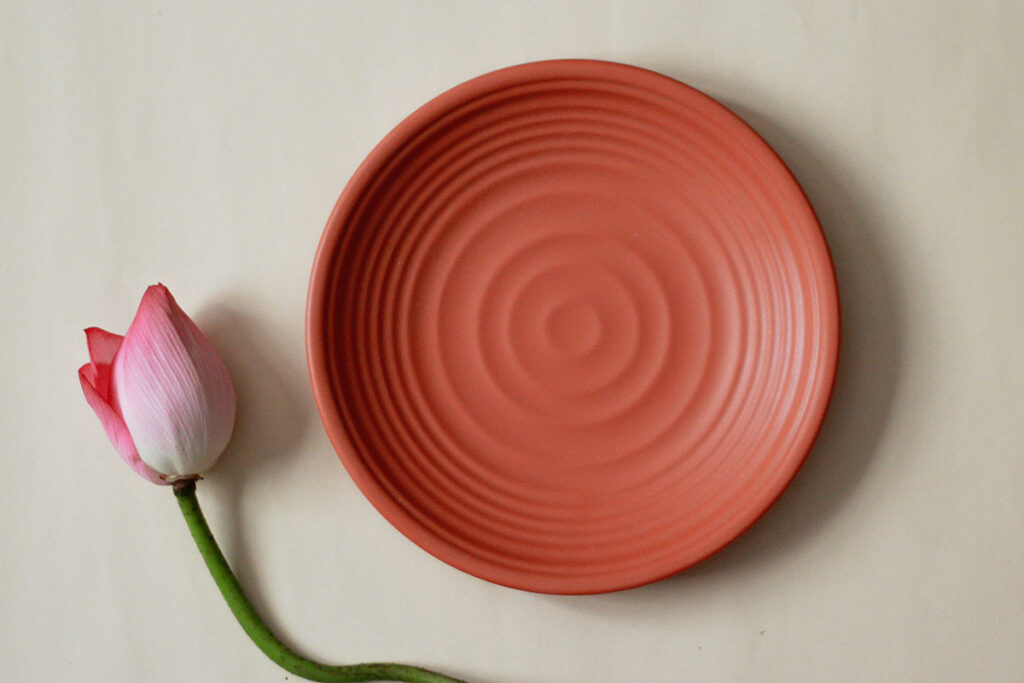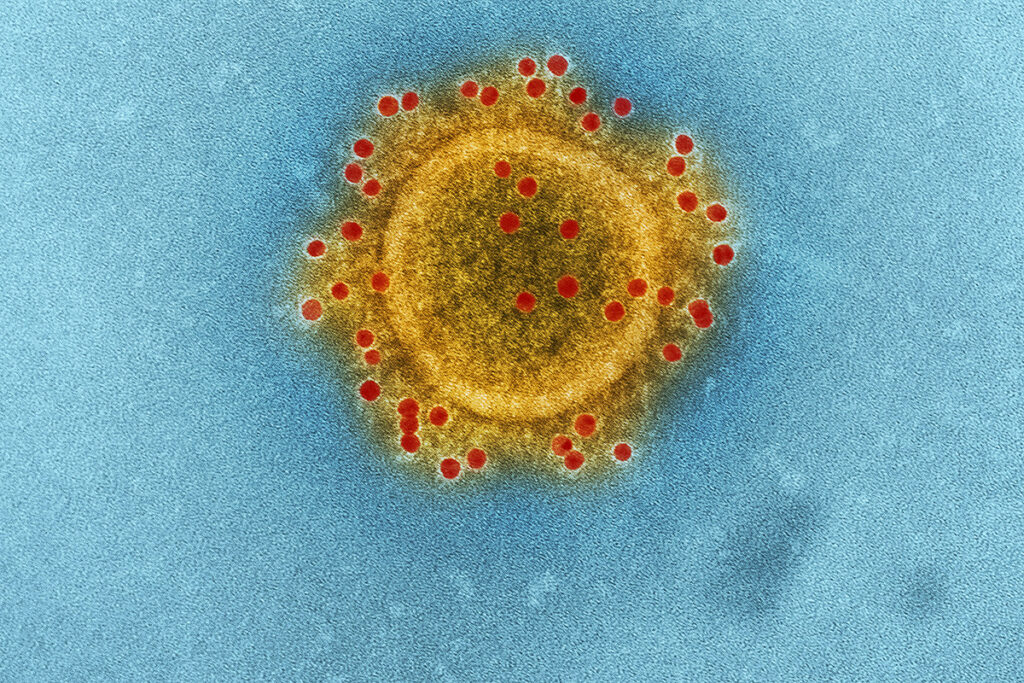A viral infection stimulates immune cells to synthesize interferon-alpha (IFN-α), which triggers the body’s antiviral defense mechanisms. However, with age, the functioning of the immune system is disrupted, and cellular immunity worsens. As a result, older people are more susceptible to infectious diseases than younger people – for example, the elderly get recurrent chickenpox. Scientists at the German University of Lübeck investigated how zinc supplements affect interferon-alpha production by immune cells in people of different ages.
Research Background
A previous experiment by this group of scientists showed that the ability of immune cells to produce IFN-α in response to a viral infection decreases with age. The study involved 468 people aged 1 to 90.
In addition, scientists from the University of Michigan (USA) have shown that zinc deficiency impairs immune responses and impairs wound healing. An earlier study conducted at Wayne University (USA) showed that older people absorb zinc worse than younger people. Furthermore, scientists from the UK conducted a 12-month study showing that taking zinc supplements increases cellular immunity in older people.
Study Design
The experiment involved two groups of healthy people: the elderly and the young. The mean age of the elderly was 73 ± 5 years, and that of the young was 28 ± 5 years. None of the participants took medication.
Immune cells that synthesize IFN-α were isolated from the venous blood of the participants. Then, the Newcastle disease virus was added to the obtained cells, and the daily dynamics of interferon-alpha production were observed.
In the second stage of the study, zinc solution at various concentrations was added to immune cells and the virus.
Results
When exposed to the virus alone, immune cell production of interferon-alpha decreases within six days. Moreover, on each day, the synthesis of IFN-α by immune cells in young participants (white columns) was significantly higher than in the elderly (black columns):
Image source: https://www.liebertpub.com/doi/10.1089/jir.1997.17.469
Scientists note that the total number of immune cells in the elderly and young differed slightly.
A solution of zinc at a physiological concentration of 15 μM increased the production of IFN-α in both groups of participants. Moreover, in the elderly group, the volume of interferon-alpha synthesis under the influence of zinc solution was similar to that of young people without zinc solution.
The optimal zinc concentration to stimulate the production of IFN-α was 15-25 µM. Moreover, concentrations above 50 μM suppressed interferon-alpha synthesis – in this case, the amount of interferon was lower than without the addition of zinc solution. This experiment shows that excessive consumption of zinc disrupts the immune system.
Conclusions
In old age, the functioning of the immune system is disrupted. One reason is that immune cells produce less interferon-alpha. Physiological zinc supplementation increases IFN-α synthesis to a level comparable to that of young adults. However, an overdose of zinc suppresses the work of immune cells and reduces interferon-alpha production.
Useful article, necessary information? Share it!
Someone will also find it useful and necessary:
Sources
- Zinc Supplementation Reconstitutes the Production of Interferon-α by Leukocytes from Elderly Persons
- Influence of various factors on interferon-alpha production in cultures of human leukocytes
- Interrelationships between zinc and immune function
- Homeostasis of zinc in marginal human zinc deficiency: role of absorption and endogenous excretion of zinc
- Effects of one year of supplementation with zinc and other micronutrients on cellular immunity in the elderly




